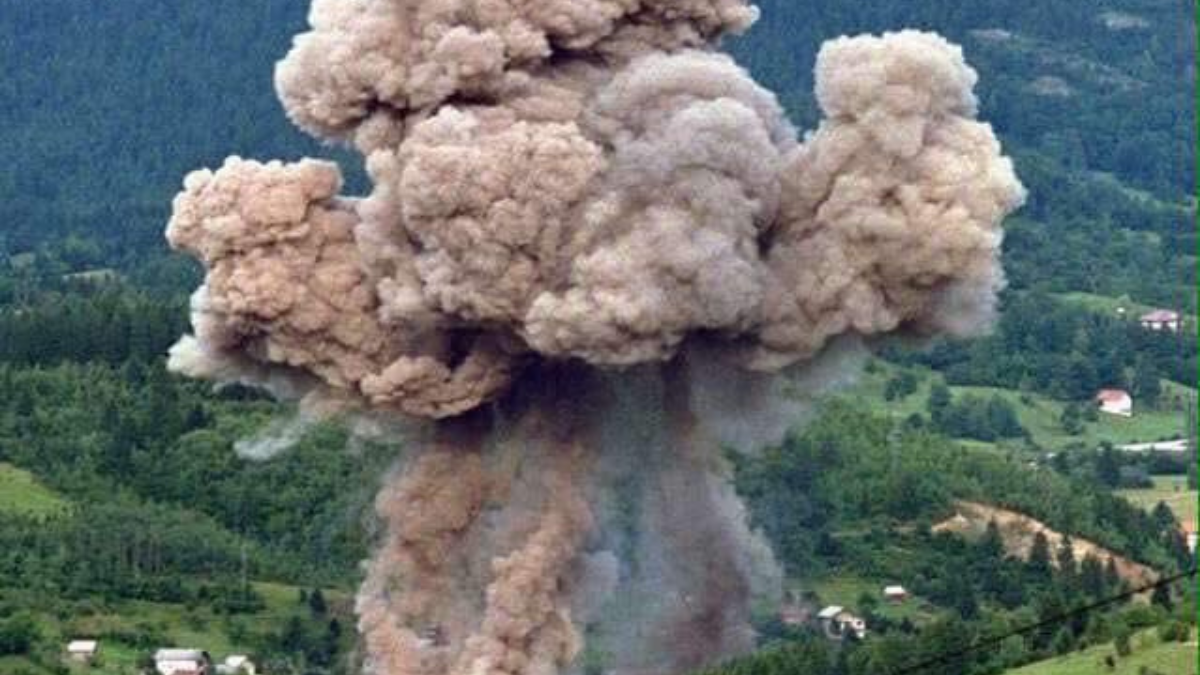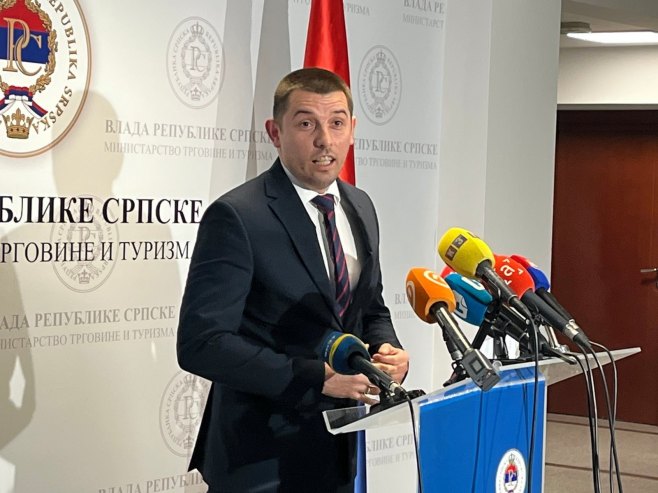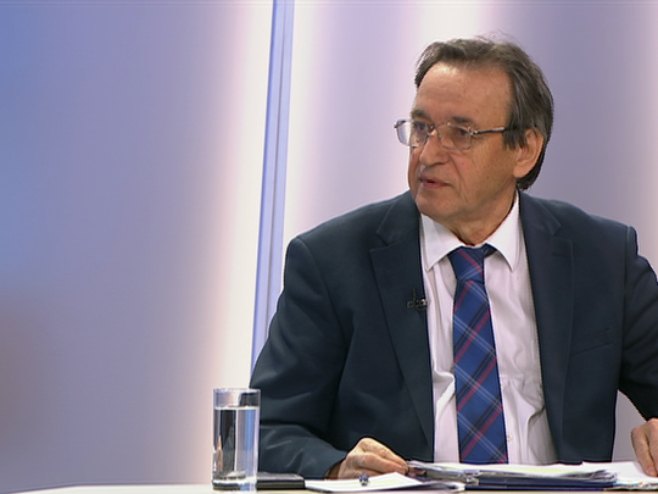For the collective West, namely the neoliberal empire led by the USA, the voting results in the UN General Assembly on the Srebrenica resolution are extremely unpleasant – it is a realization that things are going downhill for the West, said political scientist Nenad Kecmanović and historian Miloš Ković to Sputnik.
For Kecmanović, the voting in the UN General Assembly indicates a shift in the balance of power in the world.
“This was a test of global power relations, and it has shown, compared to some previous cases, even the earlier voting on Srebrenica, that there was no consensus. Many pointed out that such matters are usually adopted by consensus, but this time the result was unusual, different, and narrow,” he assesses.
The fundamental question is what purpose the resolution will serve – will it serve peace and reconciliation? It will not, according to Kecmanović, because it lacks inclusivity. On the contrary, the resolution will only deepen the divide and exacerbate relations in Bosnia and Herzegovina, as well as in the region.
The voting results demonstrate the weakening influence of the USA and its satellites. The moral superiority that the USA has claimed since its founding, as well as its soft power, are waning, observes historian Miloš Ković.
According to him, the main outcome of what happened at East River is that the majority of countries either opposed the resolution, abstained, or did not vote.
“They got the resolution they wanted and will refer to it, just as many countries refer to the International Court of Justice’s ruling that it was genocide. They got something and will try to use it, but historically, this remains a highly controversial decision by the General Assembly,” he notes.
The resolution is needed by the West as a tool to pressure the leaders of Serbia and Republika Srpska, Ković adds, while Kecmanović emphasizes that it is clear the West’s goal is to, as he says, close the gap in the NATO fortress. This has long been worked on through the so-called Kosovo question.
Until now, they have been attacking Serbia and Republika Srpska alternately – today they are attacking both simultaneously and from all sides.
“Now they are in a hurry: the decline of their power is becoming increasingly evident in Ukraine and Gaza… Their situation is becoming more complicated. Simultaneously, there is indiscipline within the collective West – regarding Gaza, individual incidents regarding the recognition of Palestine, and Hungary’s stance on this resolution. They are not as compact as they once were. That is why I think they are rushing to cover this area,” Kecmanović believes.
In that context, the resolution on Srebrenica is supposed to serve as a pretext for increasing pressure on Belgrade and Banja Luka, adds Sputnik’s interlocutor, which is why he expects even more pressure on them.
Due to Russian and Chinese support, the situation for Serbia and Republika Srpska is not as unfavorable as it is for the West, and in that Kecmanović sees a threat to peace in the region.
The process of creating the resolution has its legal and historical aspects, says Ković – he sees an unpleasant historical analogy with 1992, when the constitution of the then SR Bosnia and Herzegovina was also violated in the same arrogant manner.
“This is happening again now. Of course, no one wants 1992 to be repeated, but it is very unpleasant. Only the Russian representative stated that the laws and constitution of Bosnia and Herzegovina are being violated,” Ković notes.
According to Kecmanović, it is not only a question of what they will do but also what we will do. Serbia and Republika Srpska lack a proactive stance – they should not constantly defend and explain their actions. An offensive stance is needed, forcing the West to respond to Serb initiatives.
Among such offensive stances, according to him, is the decision of the Government of Republika Srpska to send a proposal for a peaceful separation to the Federation of Bosnia and Herzegovina within 30 days.
Another aspect of Serbia’s offensive policy on both sides of the Drina River is seen in commemorating common dates. Unfortunately, these are mainly anniversaries of Serbian suffering. However, continuously talking about Serbian suffering in the 20th century and persistently repeating these facts paves the way for a common policy of Belgrade and Banja Luka, adds Kecmanović.
He also sees no reason why Serbia and Republika Srpska should not seek a confederation, similar to the one formed in 1995 between the then Muslim-Croat Federation, from which the Federation of Bosnia and Herzegovina emerged, and Croatia – this should be put on the agenda, and let the West respond to that initiative. There is a foundation for such a move – the agreement on special and parallel relations.
“This is attributed to us even when we don’t say it. So why not say it,” Kecmanović wonders.
For Ković, the voting in the General Assembly was necessary to dispel any illusions the Serbian public might have about the good intentions of the West and the neighboring countries – Serbia is, according to him, surrounded by countries that do not wish it well, with two honorable exceptions – Hungary and Greece.
Therefore, we must increasingly rely on friendly countries, Russia and China, and also use everything available to a sovereign country to defend its borders and independence.
“Economic re-sovereignization must begin here to the extent possible in the modern world, and I also mean strengthening the military. The Romans used to say that if you want peace, prepare for war. I do not wish for such a scenario, but we must have no illusions,” says Ković.
Ković also advocates for a policy of reciprocity. One approach should be taken towards Hungary and Slovakia, and another towards Bulgaria and Croatia.
“Our response should be a mix of realpolitik and the awareness that there is an existential threat to the survival of the Serb people, not only in Republika Srpska. This is a Pyrrhic victory for the West, but the threat still exists,” he concludes.
Kecmanović points out that Serbia and Republika Srpska have chosen the path of neutrality, which does not mean closing certain doors but rather, on the contrary, cooperation with everyone. However, the West says that whoever is not with them is against them. In this way, the West is pushing Serbia and Republika Srpska towards the East, so turning to Russia and China is a matter of political logic.
Source: RTRS









